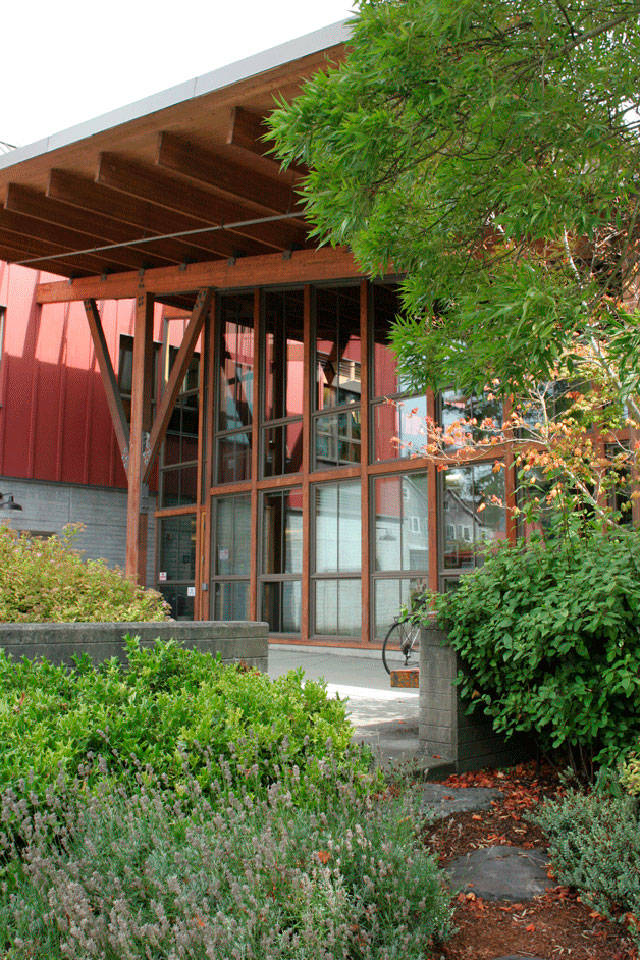Tougher restrictions on land development on Bainbridge Island are in the works, and the city council will hold a public hearing on the proposed changes this week.
City officials will take comment on updated rules that restrict development in critical areas; places with environmentally sensitive features such as steep slopes and wetlands.
The public hearing on the city’s new critical areas ordinance is planned for the council meeting on Tuesday, Oct. 3.
Some of the new regulations include greater restrictions on land that’s considered “critical aquifer recharge areas.”
All of Bainbridge Island — except for shoreline areas and the island’s designated places for more dense development (downtown/Winslow Center, business/industrial areas, Rolling Bay Center, Island Center and Lynnwood Center) — falls within the critical aquifer recharge area.
Officials note that proposed critical aquifer recharge area rules include the designation, and protection, of native vegetation as part of development or redevelopment.
According to the city, “land disturbing activity” for development or redevelopment shall be limited to 35 percent of the total site area or 12,500 square feet, whichever is greater; or 50 percent for non-residential uses.
Development and redevelopment will also require a “site assessment review,” by a professional forester, arborist or landscape architect. The review will identify any “native vegetation protection area” on the property.
The new regulations require that any “native vegetation protection area,” or NVPA, will be permanently protected from development and the rules state that “healthy, existing trees and vegetation should be retained to the maximum extent possible.”
Allowed uses and activities within the NVPA are limited to passive recreation, including trails, stormwater dispersion facilities, planting of native vegetation, removal of invasive species and structures no greater than 200 square feet unless a NVPA stewardship plan is submitted to the city for review and approval.
Also under the new rules, all proposed new and redevelopment activities will require a hydrogeological site assessment, conducted by a professional hydrogeologist licensed in Washington, that identifies all potential impacts to groundwater or surface water quality and quantity.
The draft regulations can be found on the city website at http://bit.ly/CAOUpdate.
Comments on the proposed changes can be submitted during the public hearing on Oct. 3, or emailed to pcd@bainbridgewa.gov or council@bainbridgewa.gov.



